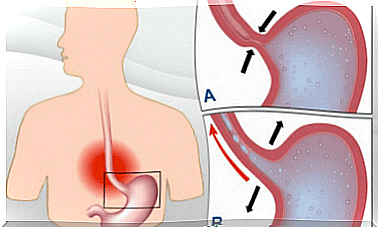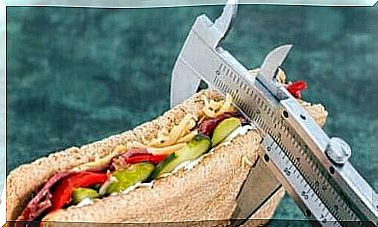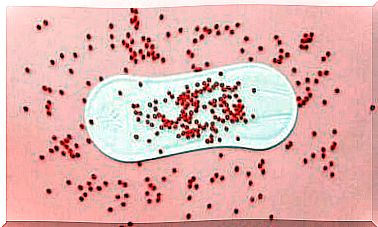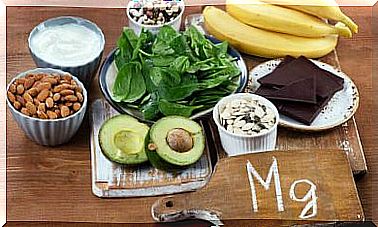Tips To Prevent Gas And Indigestion
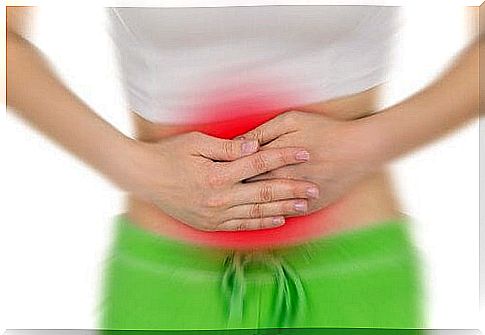
Everyone experiences uncomfortable indigestion, abdominal pain and unpleasant gas from time to time. It is very possible that you have experienced some of these discomforts once and you may even have it regularly. This generally happens when your body doesn’t digest food properly and as a result your body will slow down, take longer and may even be accompanied by other symptoms.
Indigestion
You are said to have ‘poor digestion’ when it happens every day on a regular basis or even for months. In contrast, indigestion happens occasionally, generally lasts less and is easier to treat. In addition, intestinal gas can also be something that happens very regularly, as it is associated with poor digestion and indigestion.
Having intestinal gas is uncomfortable for everyone and even more so if the problem is chronic. These problems may be caused by your lifestyle, so a few changes can help you avoid these annoying problems.
Prevent emotional stress or restlessness
In case you didn’t already know, we want to point out that your stomach is very sensitive to emotional problems.
Because of this, this person could potentially feel pain and have inflammation, indigestion, and even gas. Living an emotionally balanced life will also help your digestion.
Eat good

Learning how to eat right is one of the most important points in preventing indigestion and gas. When you don’t chew your food properly, your digestion will slow down because your body has to work harder to digest it. If you eat quickly, you will swallow a lot of air and start to form gases that way.
It is also important not to drink too much water during meals, as this neutralizes acids, which may make digestion more difficult.
Rest a little bit after eating
It’s a good idea to relax and give your stomach all the energy it needs for proper digestion.
- Avoid physical exercise immediately after eating and rest a little.
- It’s a good idea to recline on a couch or chair.
- It is not healthy to sleep long after you have eaten.
Take medicine on a full stomach
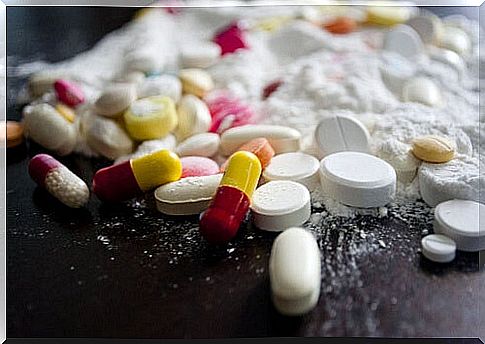
Many drugs can cause indigestion, so that’s why you should avoid them as much as possible. If you need to take medication on a daily basis, it is best to do so on a full stomach to avoid discomfort. Of course, consult the package insert.
Follow a healthy diet
Your diet is fundamental to having good digestion and preventing gas. There are some foods that can be very hard on your stomach. It is best to avoid these.
If you regularly suffer from gas or indigestion, it is best to cut out foods from your diet that are hot, acidic, oily, high in fiber, or any other type that can cause problems. You should also avoid alcohol, tobacco, carbonated drinks, and junk foods.
Don’t eat before going to bed

Many people have a bad habit of eating before going to bed and this can be very hard on their digestion. Eating at least three hours before going to bed is always recommended.
Remember…
- Applying all of these tips into your daily life can help you control your digestion and say goodbye to gas and indigestion. Remember that it is also a good idea to use some natural remedies to combat these two problems. Ginger and lemon can be two excellent allies for fighting gas and they can also relieve indigestion.
- Also remember that stomach and digestive problems should be taken very seriously if they are common. If you experience abdominal pain, indigestion, and gas more than twice a week, you should see a doctor. This can be the result of a bigger problem, such as irritable bowel syndrome, a liver infection or food allergies. In the worst case, it could also be a sign of some kind of cancer.




